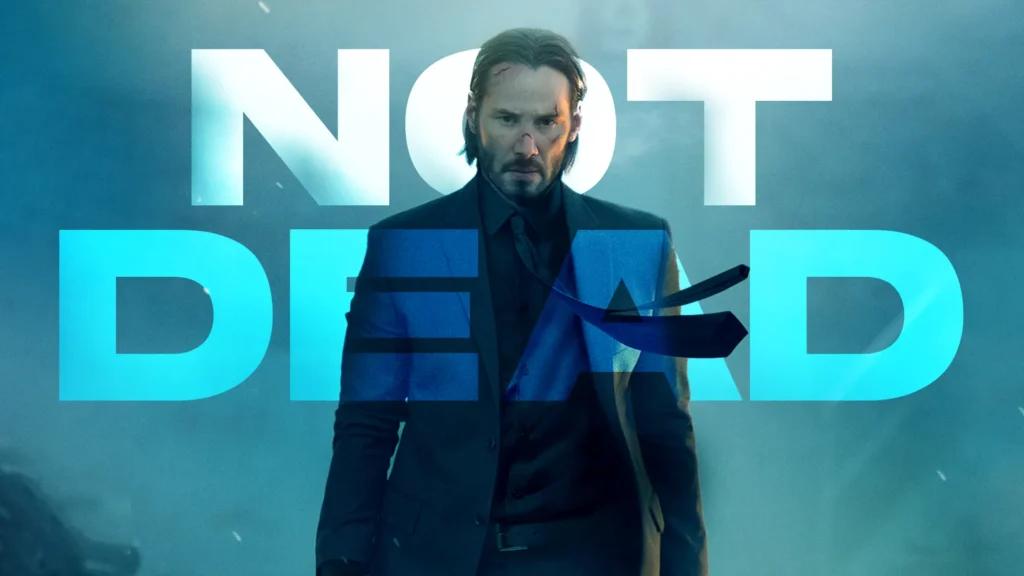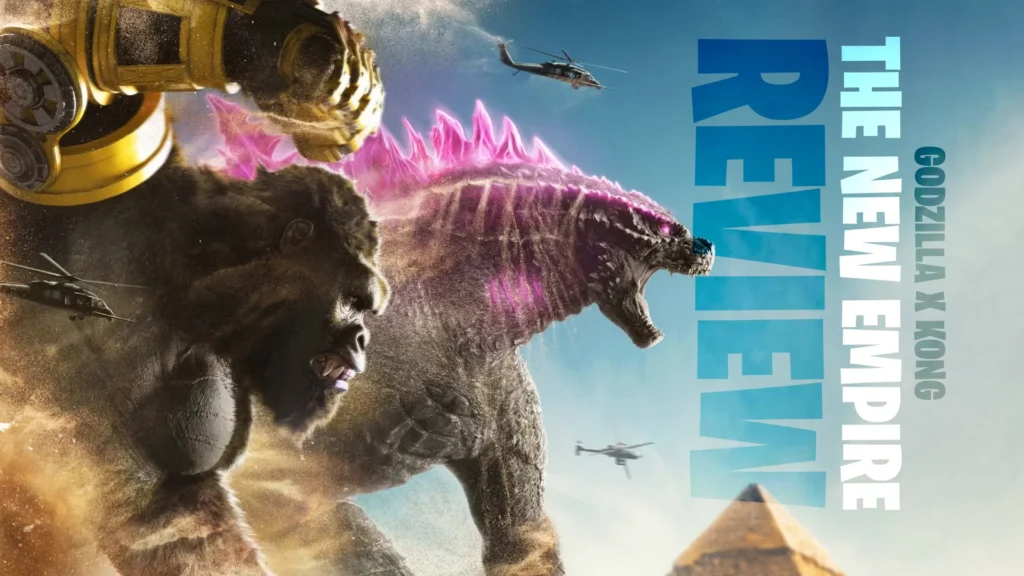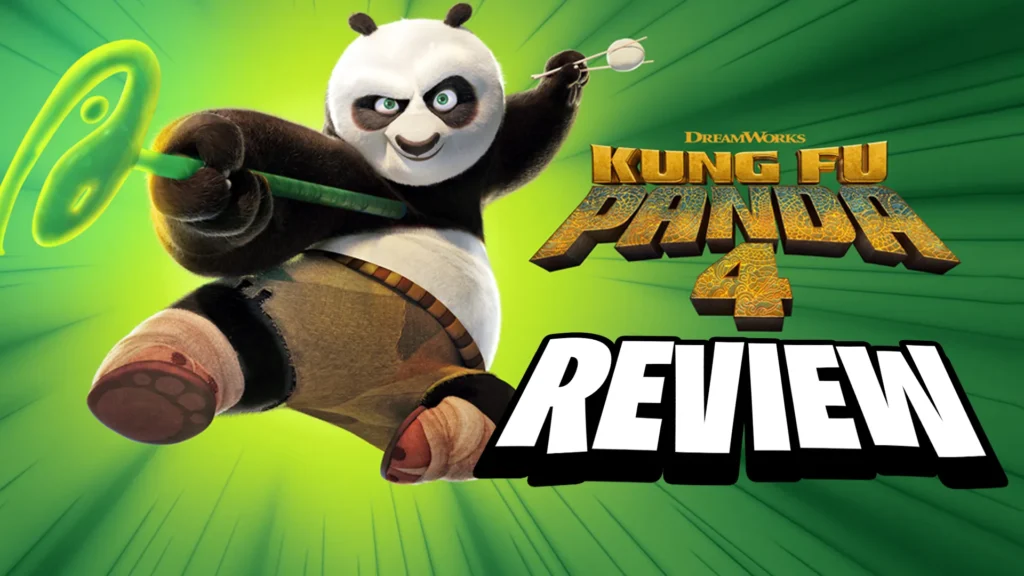Kingdom: Review and Explanation
One thing I’ve come to realize about the world of entertainment is that if Hollywood is no longer willing or able to give the audience what they want, well, there are plenty of other places that are. One of those places just so happens to be South Korea. Whether it’s producing classic action thrillers like Old Boy, compellingly dark comedies like Parasite, or gripping psychological thrillers like Squid Game, they just seem to keep churning out absolute bangers.
Table of Contents
ToggleZombie Genre in South Korea
One genre that they particularly seem to enjoy is zombies. Train to Busan was a superbly tense and action-packed story of survival and redemption, while the criminally underappreciated All of Us Are Dead managed to combine the rivalries and teenage angst of high school students with the collapse of an entire city into a zombie apocalypse. These were all great projects, but you know what hasn’t been done before? Jumping back in time by a few hundred years and having people in a feudal society, armed with primitive weapons and limited scientific knowledge, trying to grapple with a rapidly spreading zombie outbreak that threatens to consume the entire country. That right there is the premise of Kingdom, an absolutely brilliant South Korean TV show that first got recommended to me after I started gushing all over Shogun. It’s the latest entry into a long lineup of shows that I totally should have known about long before now, but whatever, I’ll do my best.
Combining Samurai and Zombies
So, you like samurai and katanas and political skullduggery? You like zombie movies? Well, let’s combine the two together. That is exactly what you get with Kingdom. It’s a story that successfully merges the intricate world-building, political maneuvering, betrayals, and shocking revelations of Game of Thrones and Shogun with the visceral action and existential horror of The Walking Dead—well, you know, before it got bad. It’s set in a fictionalized version of Korea in the 17th century. The country is largely isolated from the outside world and is in the midst of a growing power struggle between the royal family and the increasingly powerful and influential Hwan Cho clan, whose daughter is now the Queen Consort. The king has fallen ill with smallpox and hasn’t been seen in public for weeks, and there’s growing speculation about who’s going to succeed him if and when he dies.
Plot Overview
The obvious choice is his son, Lee Chang, but the problem is that Chang is illegitimate, and the queen is currently pregnant. If she were to give birth to a son, then the baby would have a stronger claim to the throne than Chang himself. Seizing the opportunity, the leaders of the Hwan Cho clan frame the prince for trying to lead a coup against his father, forcing him to go on the run with his loyal bodyguards. Unfortunately, the king turns out to be infected with something far more sinister than smallpox, and when he attacks and mauls one of his servants to death, it sets in motion a chain of events that sees a zombie plague begin to spread at an alarming rate—first in a small isolated settlement and soon covering entire regions, threatening to destroy the entire kingdom.
Zombie Plague: A New Threat
But where exactly did this mysterious disease come from? How does it spread so fast, and how can it be stopped? Pretty soon, Lee Chang and a small group of survivors are caught up in a desperate race against time—not just to stay alive and stop the plague, but also to prevent the Hwan Cho clan from seizing control of the country. You know, telling a complex story of political intrigue set in a very alien culture with all its convoluted alliances, secrets, betrayals, and revelations while keeping the audience engaged and interested is a challenging enough prospect all by itself. But managing to do it all while setting it against the backdrop of a zombie apocalypse is downright heroic.
The Strengths of Kingdom
And I think that’s what I find so admirable about Kingdom. It works equally well on both levels, never sacrificing one just to facilitate the other. The characters and world feel fleshed out, complex, and nuanced, with enough personality and conflicting values and motivations that it would have been perfectly interesting just as a straight-up period drama. It’s played dead straight and serious. You really believe that these are real people fighting for what they believe in, often at great personal cost, while also struggling to grapple with a growing threat that’s completely beyond their experience.
Lee Chang: A Complex Hero
And big respect to the actors here who all bring their A-game and invest their characters with a ton of humanity and warmth beneath the cool, controlled veneer. Apologies in advance for the names that I’m about to totally butcher here, but asking a drunken Scottish guy to pronounce Korean names is like asking Mark Hamill to stop tweeting about politics for 5 minutes—it’s a bit of a struggle. Anyway, Ju Ji-hoon turns in a great performance as Lee Chang, a man torn between loyalty to his friends and family and his duty to his country. He’s perfectly balanced out by Kim Sang-ho as his loyal bodyguard, Mu Yeong, who rapidly becomes the MVP of the show. Just like Sam from Lord of the Rings, he provides some much-needed levity and down-to-earth humanity. Meanwhile, Kim Sung-kyu kicks absolute ass as Yeong Shin, an expert marksman and superb fighter who absolutely never quits.
Zombie Threat and Special Effects
The zombies themselves belong to the 28 Days Later kind of fast-moving, vicious death machines that can easily overwhelm people in large numbers. Get bit by one, and you’ll turn within a matter of seconds. As usual, the only way to kill them for good is a knife to the head or decapitation, and there are some excellent set pieces where they show up en masse, especially in Season 2, where the surviving humans are left with no choice but to stand and fight, using improvised tactics and the environment to help even the odds. I get the impression this show wasn’t made on a huge budget, but they were able to put every penny of it up on screen where it counts. And in a world of bloated blockbusters that look like absolute dogshit, that always deserves respect.
Script and Storytelling
There’s quite a lot of lore around how the zombies function in this show, how the disease spreads, and how it’s sometimes possible to use their weaknesses against them. But just when it seems like the main characters have got their enemy figured out, the script goes ahead and pulls the rug right out from under them, changing everything you thought you knew. It’s good stuff that always keeps you guessing about what will happen next.
Conclusion
Sadly, we only ever got two seasons of Kingdom, which is a shame because the ending definitely left the story open for a third one to wrap everything up. But honestly, I’d take the 12 episodes of solid writing, excellent character work, and gripping action that we did get over what feels like 50 years of The Walking Dead and its endless spin-offs and continuations, still pushing a story that became stale and boring almost a decade ago. If you’re looking for a slightly different take on the zombie genre in a fresh new setting, with great characters and a more complex story to drive everything forward, then Action Vista highly recommends that you get into Kingdom right now.





